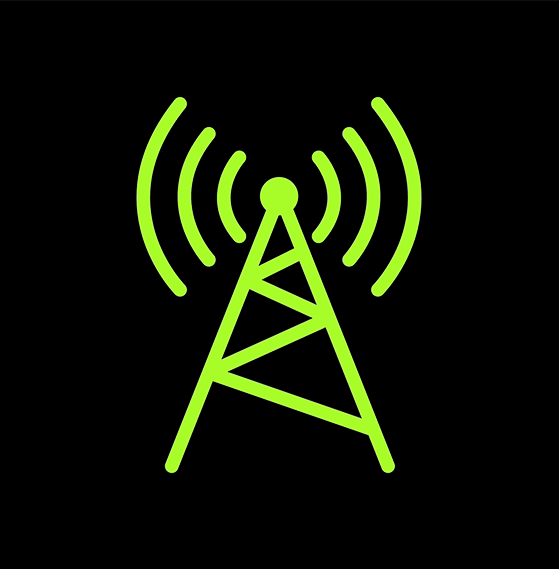MISSION STATEMENT
Vocational Poetics is a virtual teaching and learning platform with online offerings from artists and radical educators now in its second year of programming. Borrowing from religious etymology, Vocational Poetics believes that one’s vocation is a calling to which one is devoted. Vocational Poetics is concerned with the liberatory work of answering the call to learning, creativity, and artistic growth.
Poetry, according to Etel Adnan, is a “counter-profession…an expression of personal and mental freedom,” and a “perpetual rebellion.” Devotion to artistic creation and exploration, as a counter-profession, is inherently anti-capitalist, placing value on the liberation of the artist or learner rather than in the market value of what is produced.
Beyond the creative growth of individuals, Vocational Poetics is interested in fostering communities of mutual and sustainable creative exchange. The poet June Jordan describes poetry as “an attempt in conversation,” while Ursula K. Le Guin teaches us that telling is listening. Vocational Poetics creates space for telling and listening to occur, where community-based teachers transmit mediums and messages for communities they are a part of while learners can create ad hoc cohorts through their participation in shared synchronous and asynchronous spaces.
Dedicated primarily to writers and artists on the margins of institutionalized academia – those without a formalized source of community but who would benefit tremendously from regular support, conversation, and camaraderie in their learning and creative work. These are writers and artists for whom institutional academia often represents a prohibitive, disempowering, and destabilizing space.
Vocational Poetics seeks to empower marginalized educators to hold space in their classrooms in accordance with their own sovereignty and values, and who are interested primarily in the safety, education, and self-sovereignty of their students, without their subjects and pedagogies suffering from the limitations of academic gatekeeping.
In receiving compensation for their labor, teachers are able to further invest in their own creative and intellectual work and thereby further invest in their communities. Taking after June Jordan's model in Poetry for the People, Vocational Poetics creates the possibility for every student to become a teacher – while teachers also have the privilege of being each other's students.
Issues of creative access are inseparable from wage labor, systemic racism, gender discrimination, ableism, and entrenched histories of settler colonialism and imperialism. Our fight for the time and space that people need to flourish creatively requires an active interrogation of these systems of subjugation.
Our struggle is connected to all people who have and continue to suffer the violence of the settler-colonialist occupation and destruction of their people, land, and culture, including the Palestinian resistance to Israel’s historic occupation and genocide of their people. Vocational Poetics will adhere to the guidelines of the Palestinian Campaign for the Academic and Cultural Boycott of Israel (PACBI), as called for by the BDS National Committee.
As Vocational Poetics’ organizers are based in the United States, we are also keenly aware of the genocide and cultural erasure of Indigenous people upon which this nation and its institutions are built, and the complicity of many of our ancestors in their continual disenfranchisement. Vocational Poetics is committed to dismantling the Eurocentrist ideology and imperialism that has made such violence possible and continues to pervade educational and cultural institutions. Vocational Poetics is committed, too, to the continual work toward reparations.
We are students to these struggles. Educators are, in the words of Gayatri Spivak and through the work of Antonio Gramsci, “disciples of the environment of the subaltern,” learning from their environment how to teach. We comprise the medium in which we can, in the words of Audre Lorde, “translate power and beauty into action” lest we “participate in our [own] destruction.” The imperative for this action is a collective calling, a call and response, a kind of devotion.
If the work of liberation requires equitable learning environments in service of sustaining accessible creative and intellectual communities, Vocational Poetics seeks to provide the conditions to foster environments where this work can occur.
Cass Eddington, Vocational Poetics Creator and Director
signed by VP teachers & organizers:
Stella Corso
germ lynn, writer and cellist from Tampa, FL
Gabrielle Octavia Rucker, The Seminary of Ecstatic Poetics
Ebs Sanders, the tiny, WAWOG
Selah Saterstrom + Kristen E. Nelson of Four Queens Divination
Ryan Skrabalak, Spiral Editions
Spencer Williams
